
This week's review of ad fraud and privacy in the digital advertising space:
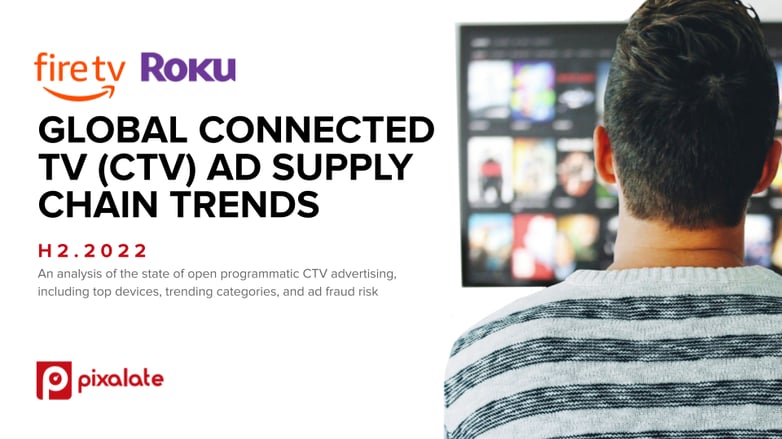
Pixalate released the H2 2022 Global Connected TV (CTV) Ad Supply Chain Trends Report. The report provides a deep dive into open programmatic CTV ad spend trends - using ad sales as a proxy - by global region, the latest trends in the Roku and Amazon Fire TV app stores, and a look at invalid traffic (IVT, inclusive of ad fraud) in the open programmatic CTV ad marketplace. Find out more in this blog, and download the report for free today.
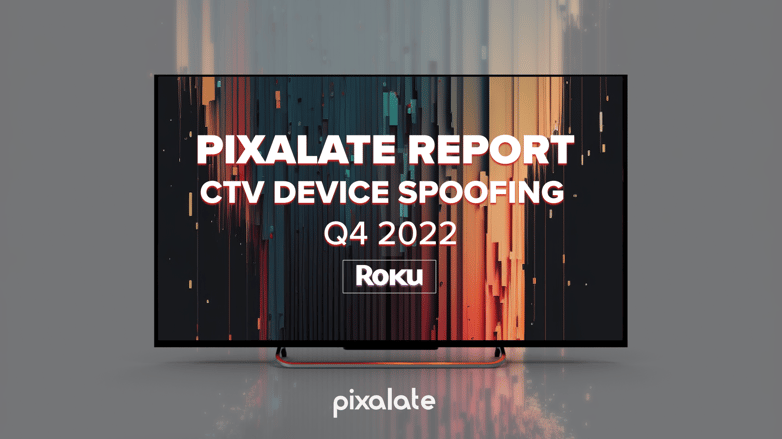
This week, Pixalate released the Q4 2022 CTV Device Spoofing Report to reveal how often mobile devices are used to “spoof” Roku CTV devices. Find out more in this blog, and download the report for free today.
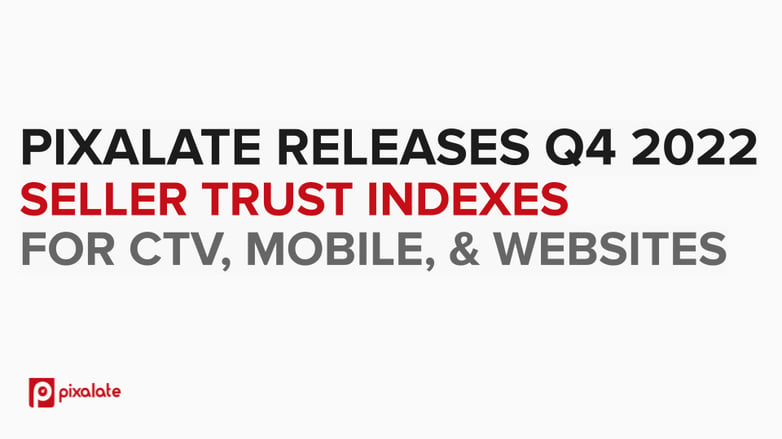
The Q4 2022 Seller Trust Indexes and SSP Market Share Rankings were also released by Pixalate this week - including the Connected TV Seller Trust Index, Mobile Seller Trust Index, and Web Seller Trust Index. Find out more in this blog, and check out the rankings today.
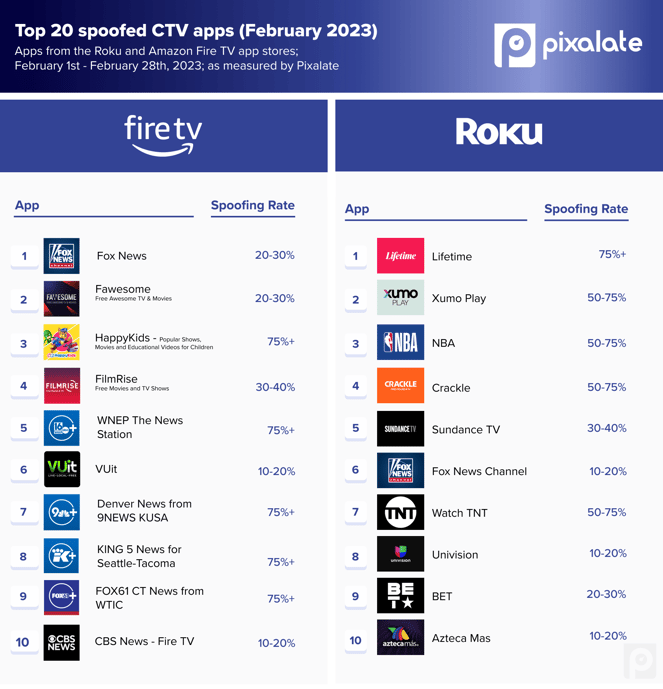
Pixalate released the February 2023 App Spoofing Report for Roku, Amazon Fire TV to reveal how often mobile devices are used to “spoof” Roku CTV devices. Find out more in this blog, and download the report for free today.
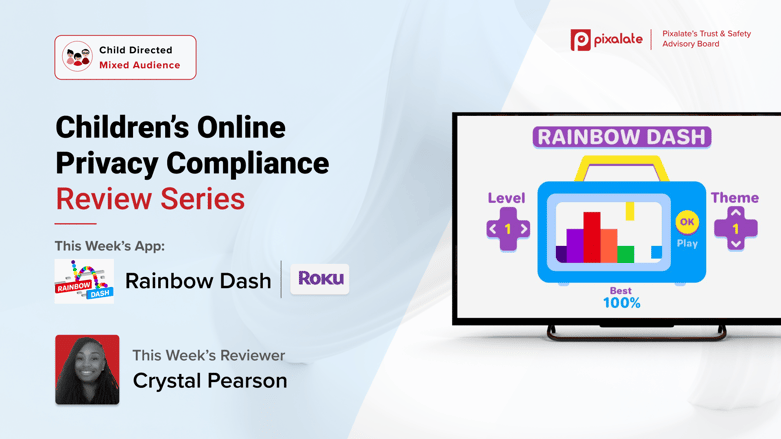
Pixalate continued its Mobile App Manual Reviews According to COPPA series, containing the detailed factors the Trust & Safety Advisory Board educators used to assess an app’s child-directedness. This week we reviewed 'Rainbow Dash' from the Amazon Fire TV and Roku Channel Stores. You can read the full review here.
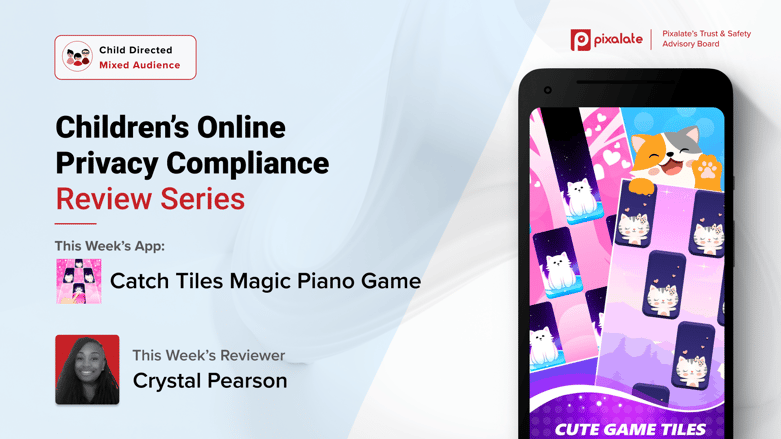
This week we also reviewed 'Catch Tiles Magic Piano Game' from the Apple and Google App Stores. Read the full review here.
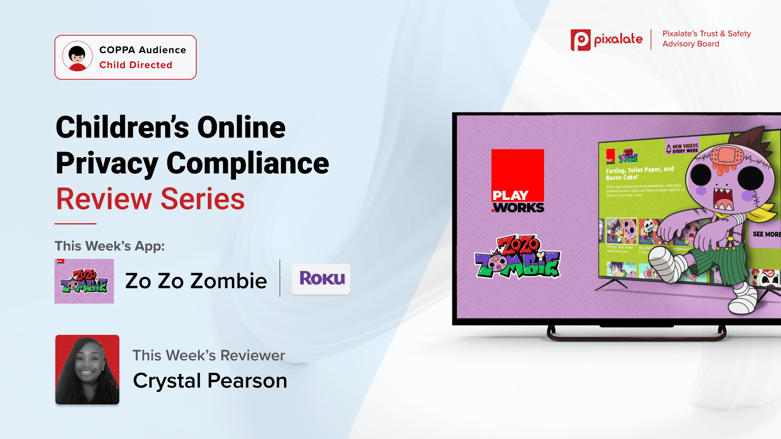
We also reviewed 'Zo Zo Zombie' from the Roku Channel Store this week. Read the full review here.
Pixalate’s recent Q4 2022 Abandoned Mobile Apps Report provides an in-depth analysis of abandoned apps across the Google and Apple app stores. “Abandoned” means the app has not received an update in over two years. This week, we outline the percentage of apps that are abandoned across the Google Play Store and Apple App Store in 2022.
In this additional blog taken from Pixalate's Q4 2022 Abandoned Mobile Apps Report, highlight the percentage of apps with no detected privacy policy that are abandoned across the Google Play and Apple App Stores in 2022.
Pixalate’s recent Q4 2022 Delisted Mobile Apps Report provides an in-depth analysis of delisted apps across the Google and Apple app stores. An app can be“Delisted” for a number of reasons from the benign like the developer's decision to withdraw the app to the more serious, like breaches of app store policies. This week, we state how much has been spent on ads on apps that are delisted across the Google Play and Apple App Stores in 2022.
In this additional blog taken from Pixalate's Q4 2022 Delisted Mobile Apps Report, we show how many delisted apps had open programmatic advertising in 2022.

Media Post cited Pixalate's research this week in their article titled "CTV Reaches 98% Of U.S. Households, Global Programmatic Ad Spend Tops $3B."
Media Post said:
“As of the end of second-half 2022, advertisers could reach 98% of U.S. households through programmatic buys, according to estimates from fraud protection and compliance analytics platform Pixalate...
...The U.S. reach is up by 48% from the end of 2019, when it was at 50%, per the company's CTV Ad Supply Chain Trend Report for the period."
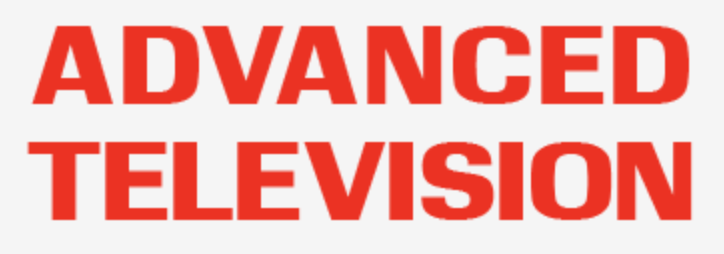
Advanced Television also mentioned Pixalate this week in their article titled "Open programmatic ad spend up 41% YoY"
Advanced Television said:
“The H2 2022 Global Connected TV (CTV) Ad Supply Chain Trends Report from CTV and mobile advertising fraud protection, privacy, and compliance analytics platform Pixalate reveals that 98 per cent of Internet-connected US households are now reachable via open programmatic CTV advertising.."
*By entering your email address and clicking Subscribe, you are agreeing to our Terms of Use and Privacy Policy.
These Stories on Weekly Recaps
*By entering your email address and clicking Subscribe, you are agreeing to our Terms of Use and Privacy Policy.

Disclaimer: The content of this page reflects Pixalate’s opinions with respect to the factors that Pixalate believes can be useful to the digital media industry. Any proprietary data shared is grounded in Pixalate’s proprietary technology and analytics, which Pixalate is continuously evaluating and updating. Any references to outside sources should not be construed as endorsements. Pixalate’s opinions are just that - opinion, not facts or guarantees.
Per the MRC, “'Fraud' is not intended to represent fraud as defined in various laws, statutes and ordinances or as conventionally used in U.S. Court or other legal proceedings, but rather a custom definition strictly for advertising measurement purposes. Also per the MRC, “‘Invalid Traffic’ is defined generally as traffic that does not meet certain ad serving quality or completeness criteria, or otherwise does not represent legitimate ad traffic that should be included in measurement counts. Among the reasons why ad traffic may be deemed invalid is it is a result of non-human traffic (spiders, bots, etc.), or activity designed to produce fraudulent traffic.”

